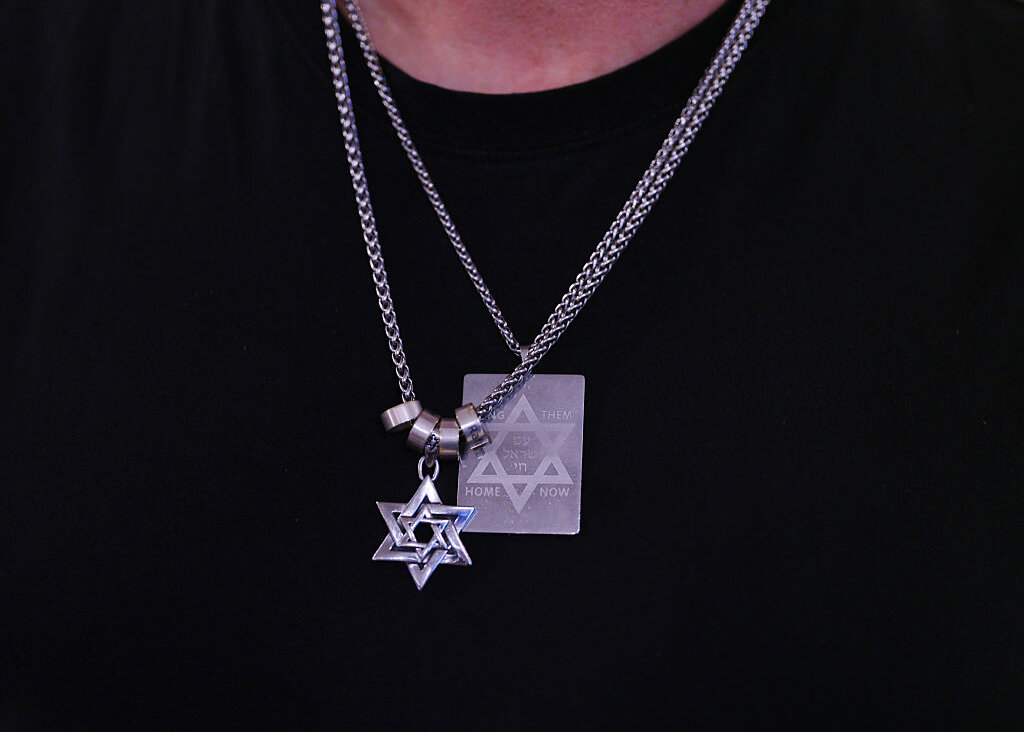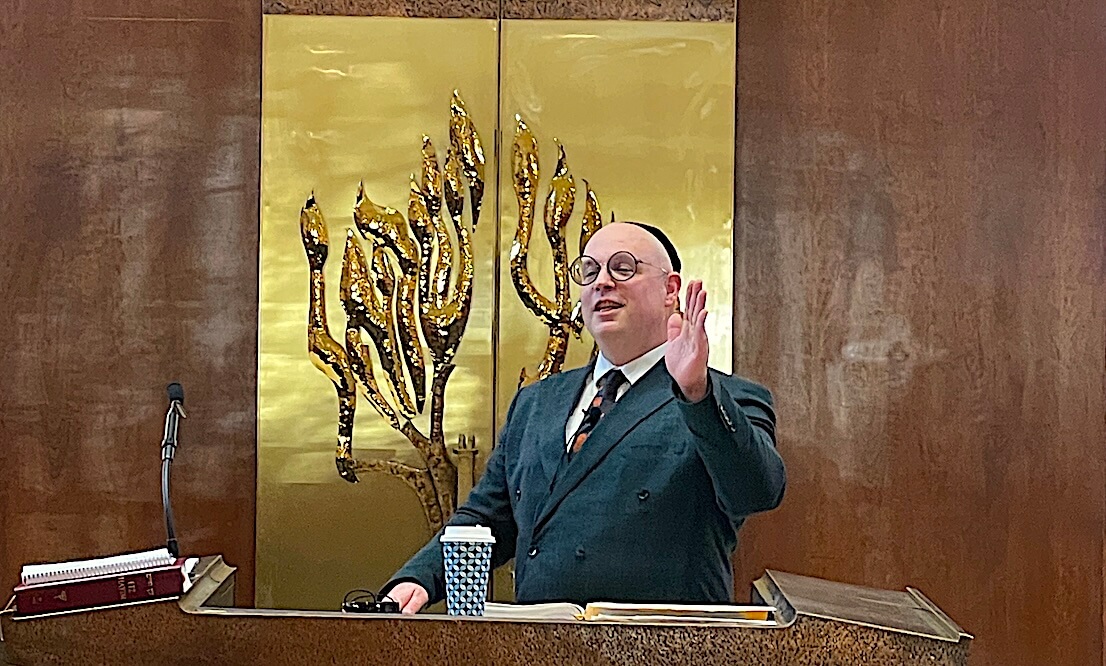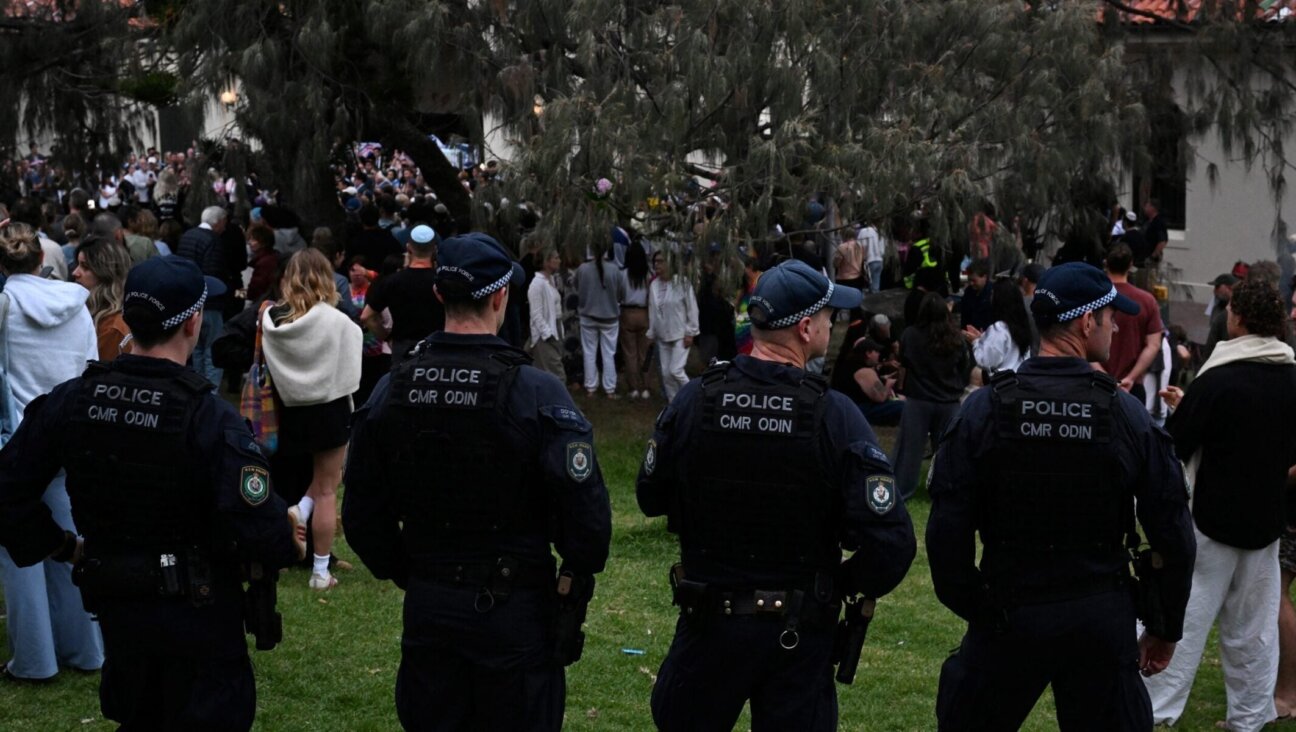Far Rockaways Desperately Need Your Help

Rockaway Beach Image by Getty Images
In the Far Rockaways, there is no Red Cross relief, no FEMA, no National Guard shuttling in supplies for the elderly Polish and Russian Jews living in high rises without power or heat. There is no relief for the poor black and Latino families living in low-income housing. The lights haven’t come on, and for many the water hasn’t started to flow. There is no heat, and basic necessities like water and food are scarce. Life may be starting to look a bit like normal in parts of Manhattan, but here in the marginal communities of the Far Rockaways, there are only volunteers, mainly coordinated by Occupy Hurricane Sandy Relief. On Monday morning, when many people headed back to work, I decided to go back to Far Rockaway. We rented a van, donated by a wonderful rabbi’s grassroots fundraising, and picked up volunteers, both strangers and friends. Our motley crew drove to the Occupy Hub in Sunset Park to collect more supplies and make our way to Far Rockaway.
The stark contrast of the normalcy of Brooklyn and the utter devastation of the Rockaways is still shocking. Seagulls hover over the continuously growing trash heap in Riis Beach Parking lot, comprised mostly of soggy debris mucked out of homes flooded by Hurricane Sandy.
In the high 100s it looks like relief is on the way. The streetlights aren’t on yet, but on Monday LIPA trucks lined the streets and stations run by ATT allowed people to charge their phones and connect with loved ones. It looks hopeful, which is a relief to many weary Rockaway Beach residents.
Yet, when you continue down Rockaway Beach Drive into the 90s, 80s and eventually the 50s (where we volunteered at an old Fire House), the scenery changes. Desolate strip malls, abandoned buildings, displaced cars haphazardly parked after being lifted up and then set down again by the waves. A few blocks further and it looks like a ghost town.
The newscasters and papers are reporting that we’re turning a page. They’re reporting that the lights are coming on, the subways are running, people are back to work. That is not the case in Far Rockaway.
Here, it’s not business as usual. Here, the hallways of the buildings are still pitch black.
For three straight days I’ve been in Far Rockaway, I’ve not seen a Red Cross volunteer, I’ve not seen FEMA, I’ve not seen the National Guard. Today, seven days after the storm, Doctors Without Borders came to help out in the housing projects on 59th. Saturday and Sunday, hundreds of volunteers were able to help, but on Monday many headed back to work. Despite the smaller numbers of volunteers, a team of about 15 worked at a housing complex in the teens mainly inhabited by elderly Polish and Russian speaking Jews, Caribbean and black families. In the pitch black, they walked up and down 27 flights of stairs to knock on the doors, giving aid, food, water and meager supplies.
In this building, residents confined to wheel chairs with no way out of the building ration water, unsure of when their own water will turn on or when another volunteer will come. Many of the elderly are heating themselves by gas stoves. They have no access to the medicine they need, no access to food, no access to running water and no way to leave. I struggle with the magnitude of need and the lack of relief for these people.
I know there are many communities like this — Staten Island, Jersey Coast and Long Island. These people continue to struggle as the rest of the world is being told that normalcy is returning to our city.
Like many, New Yorkers I have to go back to work on Tuesday and I’m conflicted. I’m amazed at the resilience of people. I’m in awe at how much many of us have to give and continue to give. I’m shocked by the amount of time it’s taken for these marginalized communities to receive relief.

















